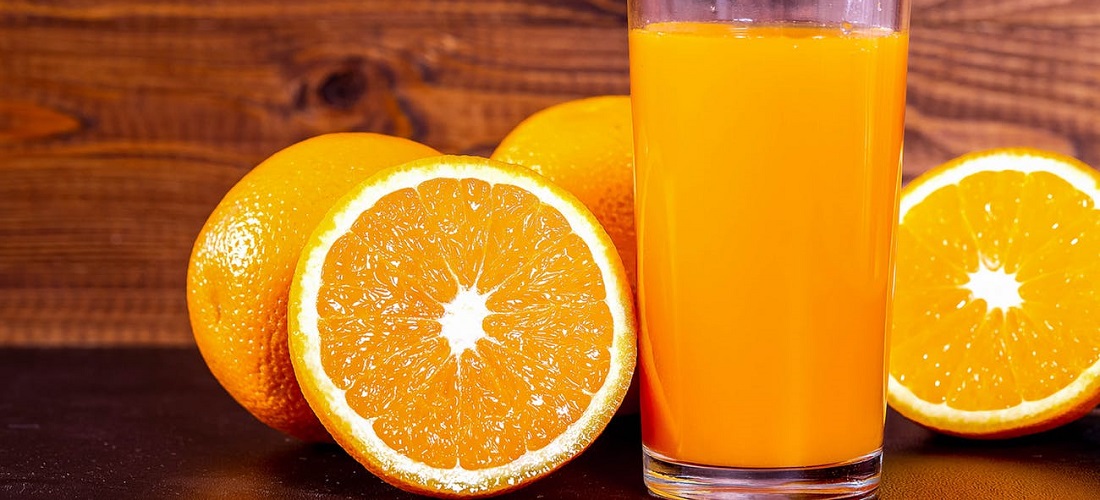
Missed opportunities for Brazilian juice in Florida
Jun, 03, 2022 Posted by Gabriel MalheirosWeek 202222
The loss of competitiveness of Brazilian exports of frozen concentrated orange juice (FCOJ) in the United States, especially in comparison to its Mexican counterpart, continues to prevent large companies based in São Paulo (Citrosuco, Cutrale, and Louis Dreyfus Company), the leaders in global shipments of the commodity, to benefit from new business opportunities in America.
The disadvantage of Brazil’s FCOJ is tariff-related and regained prominence in mid-May due to a need for Florida’s Natural, the leading orange juice brand in the state, which houses the second-largest citrus belt in the world, only behind the São Paulo – Minas Gerais belt.
See below the track record of Brazilian juice exports from various fruits in 2022 (until April). The data below is from DataLiner.
Exports of Juices from Various Fruits | Jan – April | 2022 | WTMT
Source: DataLiner (click here to request a demo)
Despite being unhappy with it, the company was obliged to abandon its traditional protectionist posture and rely on imports to make up the blends of its products due to the reappearance of phytosanitary obstacles in Florida caused by the harm caused by the disease known as greening.
At first, Florida’s Natural explored purchasing ready-to-drink juice (NFC) from Brazil, but when the state’s phytosanitary issues increased, it was forced to turn to the FCOJ. The concentration of the blend is at stake. The beverage is not classified as NFC if it has less than 10.5 percent Brix, which measures the total soluble solids in the juice, generated mainly by primary sugars (sucrose, fructose, and glucose). The company’s product had a Brix of roughly 9.2%.
Taxation
When the Brazilian NFC, which hovers around 11.8 percent, Brix, proved insufficient to raise Florida’s Natural’s average, the only option was to import the FCOJ (66% Brix), and Brazil missed another opportunity. With the implementation of NAFTA in 2008, the import duty on concentrated and frozen orange juice from Mexico has been canceled. In contrast, the tariff on orange juice from Brazil has remained at US$ 415.86 per tonne.
Furthermore, the Internal Revenue Service assesses a 34% Corporate Income Tax (IRPJ) on this US import tax, according to the National Association of Citrus Juice Exporters (CitrusBR). That is, it is US$ 141.40 extra, bringing the total encumbrance to US$ 557.26 per ton and lowering the Brazilian FCOJ’s competitiveness in the US.
“In February, we announced that Florida’s Natural brand would begin integrating Brazilian NFC into all of its items due to restricted supply from Florida and declining quality. Unfortunately, Florida’s orange crop estimate fell significantly lower than predicted. The number and quality of solid Brazilian NFCs required to maintain Florida’s Natural brand rendered the previously announced plan impossible,” said Bob Behr, the company’s CEO, to customers.
The executive continues: “After careful consideration, we will begin blending the best of our Florida NFC solids with the highest grade of Mexican orange juice concentrate in all Florida’s Natural brand orange juice items. This transition will take place between mid-May and mid-June. This significant change is necessary to ensure the future health of the brand.” In short: a missed opportunity for Brazil.
The American corporation did not say how much FCOJ it is buying from Mexico. Still, greening has been afflicting Florida citrus for years, and American demand is expected to rise in the coming years. Moreover, despite the tariff disadvantage, the United States remains Brazil’s second-largest export destination, although Mexican output expands faster than Brazil’s.
Source: Valor Econômico
To read the full original article, please go to:
-
Grains
Dec, 03, 2018
0
Mato Grosso plants 90% of its soybean crops
-
Other Logistics
Jan, 14, 2021
0
Suape Complex to receive thermal power plant worth R$3bn
-
Economy
Feb, 02, 2023
0
Trade balance has highest surplus for january since 2006
-
Shipping
Sep, 05, 2024
0
SGL sets foot in Brazil with Blu Logistics acquisition



